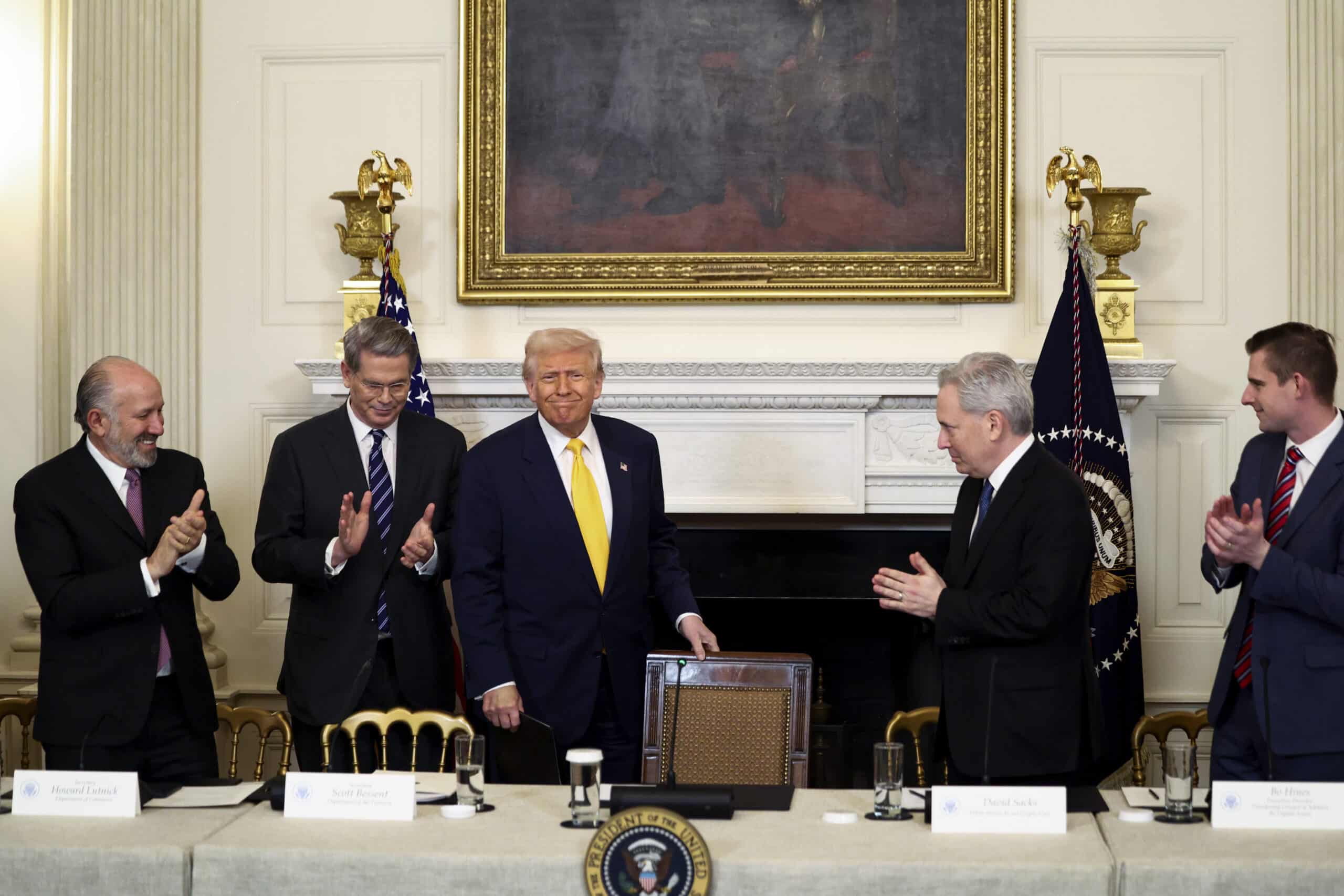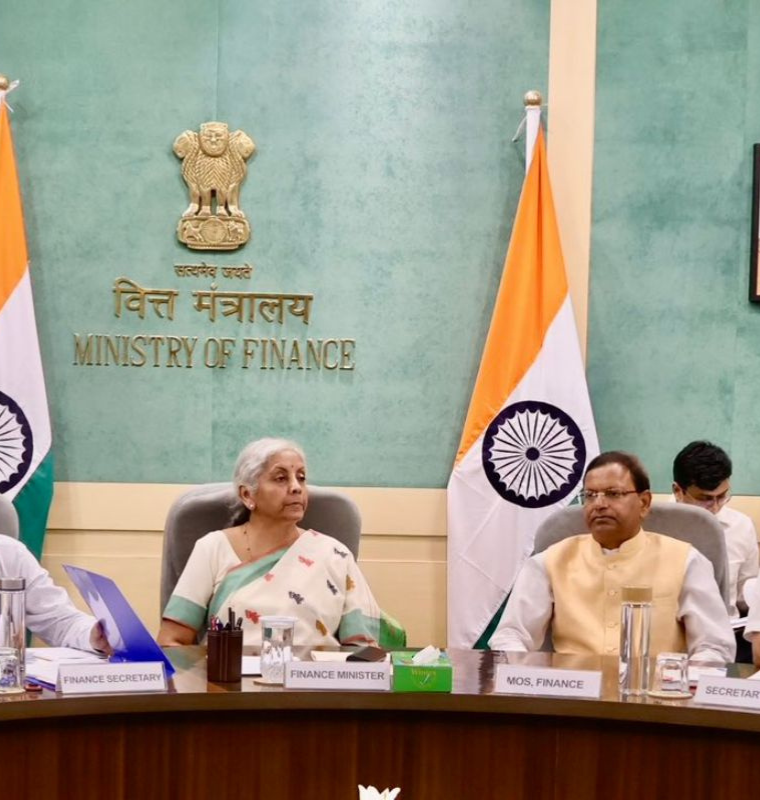Crypto Titans Back Trump’s White House Revival with Lavish Donations
Crypto Titans Back Trump’s White House Revival with Lavish Donations
By
Rachel Steinberg
Last updated:
October 26, 2025
First Published:
December 2, 2025

Photo: Unchained Crypto
The intersection of politics and digital wealth
As Donald Trump reenters the political spotlight, major crypto companies like Coinbase and Ripple are stepping forward as financial backers of his new White House ballroom initiative. What might seem like a social gesture carries profound implications for the relationship between Washington and the digital asset industry. The donations represent a clear shift in crypto’s approach to power—from disruptive outsider to strategic insider.
A new phase of political alignment
For years, cryptocurrency firms have struggled to gain a voice in the corridors of U.S. policymaking. By aligning themselves with Trump’s high-profile initiative, these companies are signaling that they intend to be part of the conversation rather than its subject. The donations also highlight how crypto has matured into a politically active sector capable of shaping narratives and influencing future regulations.
Symbolism behind the ballroom project
The Trump White House ballroom project, designed to host major economic and diplomatic gatherings, is more than an architectural addition. It represents an image of revival and modern opulence. For crypto donors, attaching their names to such a space sends a message of legitimacy and prestige, positioning digital finance alongside traditional sources of wealth and influence.
Strategic motivations behind the donations
This new wave of political contributions reflects both idealism and pragmatism. On one hand, crypto leaders are seeking policymakers who understand innovation and financial decentralization. On the other, they recognize the importance of having allies in Washington who can advocate for balanced regulation and technological inclusion. These donations are investments in political stability as much as brand visibility.
An industry seeking redemption
After years of legal challenges, exchange collapses, and public skepticism, the crypto industry is eager to rehabilitate its image. Supporting national projects and engaging with political leaders is a step toward mainstream acceptance. It allows companies like Coinbase and Ripple to reframe themselves not as disruptors but as partners in America’s economic growth.
The emergence of crypto lobbying power
Political donations are only part of a broader strategy. Crypto firms have steadily expanded their presence in lobbying circles, funding research, policy think tanks, and awareness campaigns. Their growing involvement in federal initiatives demonstrates that crypto has evolved into an institutional force capable of influencing legislation and public opinion alike.
Potential influence on regulatory reform
With billions in digital assets under management, crypto companies stand to gain from policies that encourage innovation while reducing regulatory uncertainty. By engaging directly with political figures, they may help shape frameworks around taxation, stablecoins, and decentralized finance. Such partnerships could accelerate the integration of blockchain into the U.S. financial system.
Criticism and public perception
Not everyone welcomes this alliance. Critics argue that political donations by crypto firms could blur ethical lines, especially when regulation remains a contentious issue. However, proponents contend that engagement is a sign of maturity and that participation in democracy is a natural evolution for any influential industry. The debate reflects the growing pains of an ecosystem still learning how to coexist with government structures.
A shift in Washington’s tone toward digital finance
Trump’s openness to crypto contrasts sharply with previous administrations that often viewed it with skepticism. His reemergence, backed by major players in digital finance, suggests a possible softening of Washington’s stance. If political tides continue to turn, the next few years could see the most crypto-friendly environment in U.S. history.
The dawn of a new political era for crypto
The partnership between crypto titans and the Trump campaign represents more than mutual convenience—it symbolizes the convergence of economic innovation and political influence. As the ballroom prepares to open its doors, it becomes a metaphor for a broader movement: the entrance of digital finance into the heart of American power. Whether this alliance strengthens democracy or complicates it remains to be seen, but its significance is undeniable.
Popular articles
Subscribe to unlock premium content
Disney’s Timeless Magic and How the Entertainment Giant Continues to Shape Culture and Innovation

Imran Khan’s Economic Missteps Amid Political Chaos in Pakistan

The Philippines’ Digital Shift How Remittances and BPO Are Fueling Growth

Disney’s Timeless Magic and How the Entertainment Giant Continues to Shape Culture and Innovation

Imran Khan’s Economic Missteps Amid Political Chaos in Pakistan

Disney’s Timeless Magic and How the Entertainment Giant Continues to Shape Culture and Innovation









